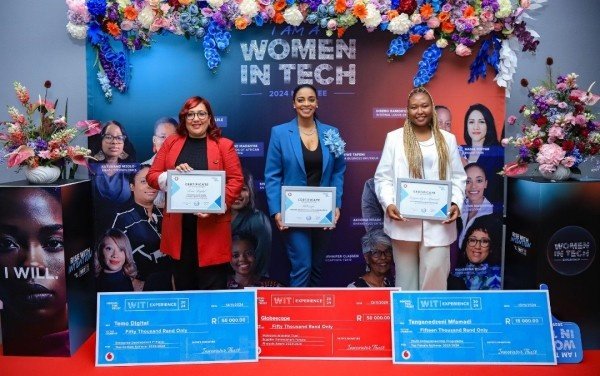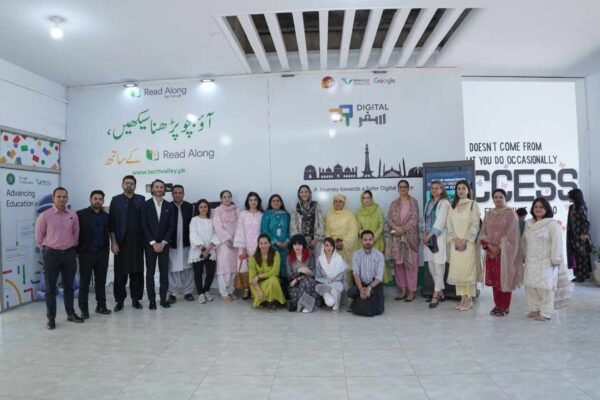
Bangladesh Government Reaffirms Commitment to Women’s Empowerment in Technology at Seminar
At the “Women in Technology” seminar in Dhaka, Bangladesh’s ICT Division reaffirmed its commitment to enhancing women’s participation in technology. Shish Haider Chowdhury highlighted ongoing projects aimed at empowering women through ICT. The seminar also called for increased public-private partnerships to support tech training and women’s entrepreneurship.



















